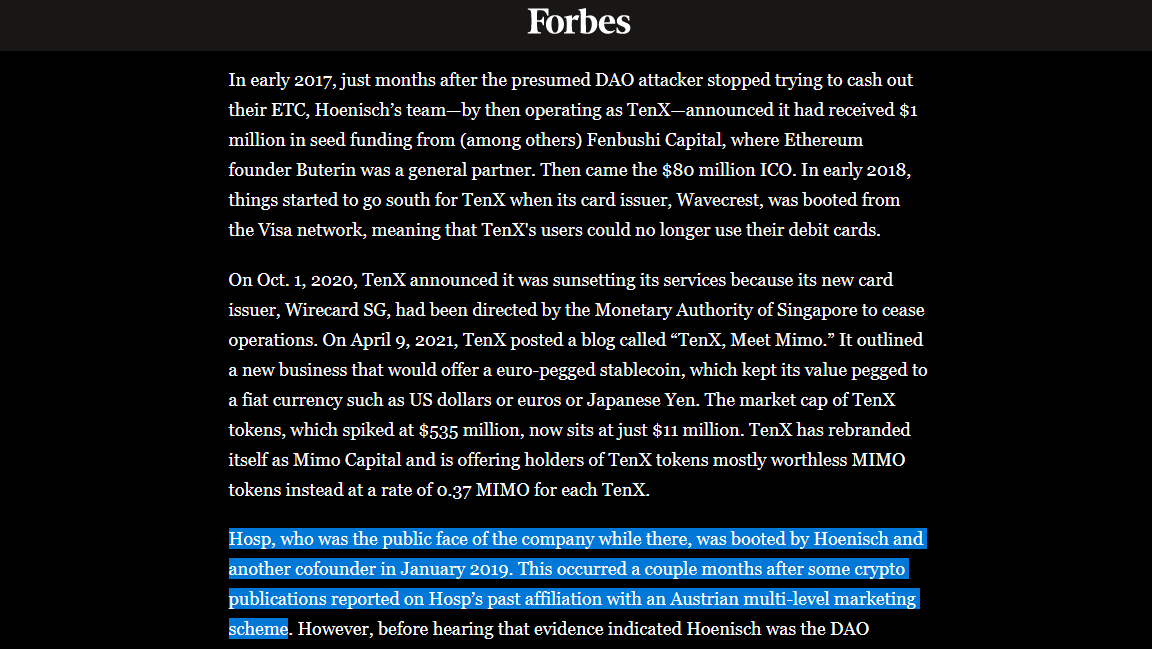
NL forced Microsoft to provide its software for govt and universities under data terms that prohibit MS from exploiting personal/behavioral data for its own purposes.
✅ It's possible
➡️ This is what everyone in the EU deserves, including Home/Pro users
privacycompany.eu/blogpost-en/ne…
✅ It's possible
➡️ This is what everyone in the EU deserves, including Home/Pro users
privacycompany.eu/blogpost-en/ne…

When everything from operating systems to Office sw to files to communication essentially becomes cloud-based services, we cannot let private companies exploit data how they see fit.
Of course everyone deserves this, not only in the EU. But the EU could realistically enforce it.
Of course everyone deserves this, not only in the EU. But the EU could realistically enforce it.
I admit, a single buyer of hundreds of thousands of licenses has better leverage than hundreds of thousands of home and business buyers, customers, citizens scattered across the 'market'.
MS has many ways to divide+conquer from fait accompli via lock-in to darkpattern 'choice'.
MS has many ways to divide+conquer from fait accompli via lock-in to darkpattern 'choice'.
EU regulators make weak statements about non-compliance if at all. They don't enforce the GDPR against users (makes sense for larger orgs only anyway), they don't enforce it against MS.
This needs a coordinated effort, perhaps at EC level, probably going beyond data protection.
This needs a coordinated effort, perhaps at EC level, probably going beyond data protection.
And of course, there would still be many remaining issues.
Which of Microsoft's services (e.g. Win10, Word) are digital infrastructure to an extent that exploiting data for other purposes must be banned, and what exactly are purposes to provide, maintain and 'improve' a service?
Which of Microsoft's services (e.g. Win10, Word) are digital infrastructure to an extent that exploiting data for other purposes must be banned, and what exactly are purposes to provide, maintain and 'improve' a service?
Perhaps even more important, how do we make sure that MS does not systematically let (and benefit from) companies *other* than itself exploiting data in almost inescapable ways, from b2c/b2b 'apps' and 'services' that plug into MS platforms to employers that exploit worker data?
Above thread, basically:
"The political economy of platform power and data at the example of Microsoft, and how to fix it"
You're welcome :p
"The political economy of platform power and data at the example of Microsoft, and how to fix it"
You're welcome :p
• • •
Missing some Tweet in this thread? You can try to
force a refresh









